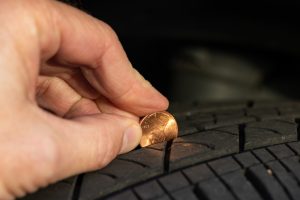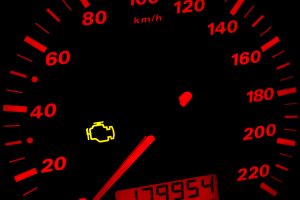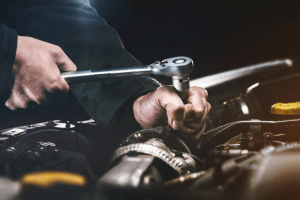Regular radiator maintenance is essential for ensuring the proper functioning and longevity of your vehicle’s cooling system. The radiator plays a critical role in keeping your engine cool and preventing overheating, making it a key component to maintain. In this post, we will highlight the importance of regular radiator maintenance and provide helpful tips for keeping your radiator in optimal condition.
Efficient Heat Dissipation:
The radiator’s primary function is to dissipate heat generated by the engine. Over time, dirt, debris, and bugs can accumulate on the radiator’s cooling fins, obstructing airflow and reducing its cooling efficiency. Regular maintenance, such as cleaning the radiator, ensures proper heat dissipation and prevents the engine from overheating. Use a soft brush or compressed air to gently clean the cooling fins, removing any debris that may impede airflow.
Prevention of Cooling System Problems:
Neglected radiators can lead to various cooling system problems. Blockages in the radiator can result in insufficient coolant flow, causing engine overheating. Additionally, a poorly maintained radiator can contribute to coolant leaks, corrosion, and rust, leading to more severe issues. By conducting regular maintenance on the radiator, you can prevent these problems from occurring, saving you from costly repairs down the line.
Inspection for Damage and Leaks:
Regular radiator maintenance allows for early detection of any damage or leaks. Inspect the radiator visually for signs of corrosion, rust, or physical damage. Check for coolant leaks, which can manifest as stains or puddles around the radiator. Addressing these issues promptly can prevent further damage to the radiator and other cooling system components.
Coolant Quality and Concentration:
The condition and concentration of the coolant in the radiator directly impact its effectiveness. Over time, coolant can become contaminated, lose its properties, or develop an incorrect concentration. Regular radiator maintenance includes checking the coolant level and quality. If necessary, add or replace coolant according to the manufacturer’s recommendations to ensure the right balance of additives and proper heat transfer properties.
Radiator Pressure Testing:
Periodic radiator pressure testing is crucial for assessing the radiator’s integrity and detecting any leaks or weak points. A pressure test involves pressurizing the cooling system to a specific level and checking for any pressure drops, indicating leaks. Professional mechanics can perform this test and recommend appropriate repairs or replacements if any issues are found. Regular pressure testing helps maintain the cooling system’s efficiency and prevents unexpected failures.
Professional Radiator Flush:
Over time, sediment, rust, and contaminants can accumulate within the radiator, reducing its cooling efficiency. A professional radiator flush involves flushing out the old coolant, along with any accumulated debris or contaminants, and replacing it with fresh coolant. This process ensures the radiator’s proper function and prevents blockages or corrosion that could hinder its performance.
Consultation with Professionals:
If you are uncertain about radiator maintenance or encounter any significant issues, consulting with professionals is highly recommended. Certified mechanics have the expertise and diagnostic tools to perform thorough radiator inspections, maintenance, and repairs.
Regular radiator maintenance is crucial for maintaining the health and performance of your vehicle’s cooling system. Prioritizing radiator maintenance will contribute to the overall longevity and reliability of your vehicle’s cooling system, providing peace of mind and optimal engine performance.




